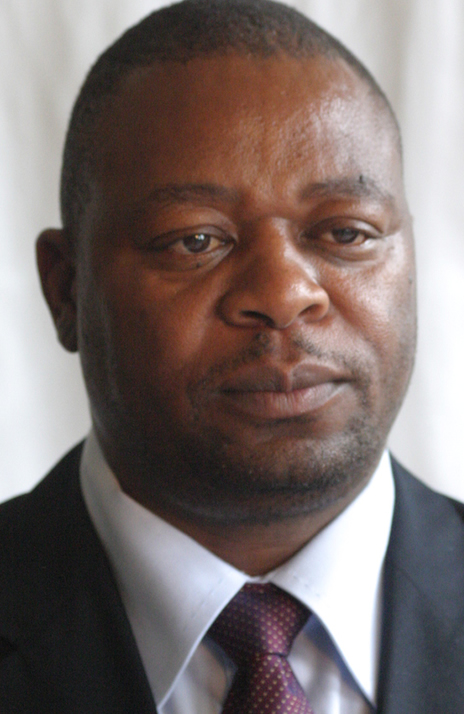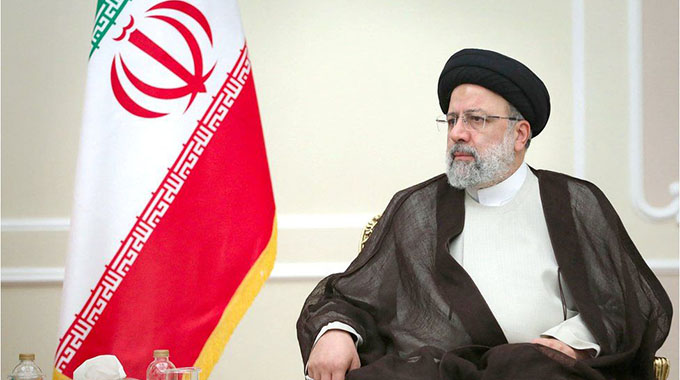‘Nuclear report on Iran balanced’

TEHRAN. — Iranian Foreign Ministry spokeswoman Marzieh Afkham yesterday said that the recent report by the International Atomic Energy Agency (IAEA) about Iran’s nuclear program is “balanced.” “This report of the agency is balanced as it is based on the new deal between Iran and the IAEA and on the new cooperation approach,” said Afkham in her weekly press briefing.
A report released by the IAEA last Wednesday indicated that Iran had significantly slowed down its efforts to reach nuclear capabilities.
The report said that the rate of uranium enrichment at the nuclear facility in Natenz had dropped significantly in the past three months, under the new president Hassan Rouhani.
It specifically stated that the stockpile of high-level enriched uranium had risen by five percent since last August, currently standing at 196 kilograms, whereas 250 kg are necessary to build a nuclear bomb.
On November 11, Iran and the IAEA signed a co-operation deal to enable the UN nuclear watchdog to have access to more Iranian nuclear facilities for inspection.
According to the agreement signed by Ali-Akbar Salehi, the head of Atomic Energy Organisation of Iran, and Yukiya Amano, the chief of the IAEA, Iran will allow the UN nuclear watchdog’s inspectors to visit Arak heavy water plant and Gachin yellow cake mine.
As for the upcoming nuclear talks between Iran and the world powers, Afkham said that “We hope the talks will lead to positive results, namely, to alleviate the concerns of the other party (over Iran’s sensitive nuclear activities), meet Iran’s inalienable rights and result in removal of sanctions (against Iran).”
Iran and six world powers — Britain, China, France, Germany, Russia and the United States — held talks earlier this month in a bid to reach a preliminary agreement on Iran’s nuclear program. A second round is slated for Wednesday.
President Barack Obama asked key senators for a delay in imposing new sanctions on Iran, but apparently failed to win over hardened skeptics of a proposed interim nuclear deal with Tehran.
Obama met the lawmakers at the White House on the eve of the next round of nuclear talks between the P5+1 powers and Iran in Geneva, and as some senators mull increasing sanctions on the Islamic Republic — a move opposed by the administration.
Senator Bob Corker, the top Republican on the Senate Foreign Relations committee, emerged from the talks after nearly two hours and said there were still concerns a US plan to offer Iran some sanctions relief in return for freezing some aspects of its nuclear program ceded too much leverage.
“We had some folks in the room that were satisfied, I think we had some folks in the room that were very unsatisfied,” Corker told reporters.
The Tennessee lawmaker said he would go back to Capitol Hill and think about what the president told him before making his own decision on whether to support new sanctions.
Obama has asked senators for a “pause” in sanctions to allow negotiating teams in Geneva to continue their work.
The powers taking part in the talks there include Britain, China, France, Russia and the United States, as well as Germany.
The White House believes a “modest” and reversible set of measures to ease Iran’s economic pain is needed as a show of faith that
Washington is serious about a final deal and also to shield Iranian negotiators from pressure from hardliners in Iran.
But officials insist that the core architecture of the sanctions regime will remain in place until a final deal is concluded to ensure that Iran is unable to build a nuclear bomb.
Corker said talks between Obama and the Democratic leaders and top Republicans of the Senate Banking, Intelligence, Foreign Relations and Armed Services committees had offered the most clear indications yet of the interim deal the administration is proposing.
“He (Obama) asked for a period of time,” Corker said, adding that Senate procedure meant there would be no votes on toughening sanctions on Iran in the Senate until after the US Thanksgiving holiday at the end of next week. — Xinhua/AFP.







Comments